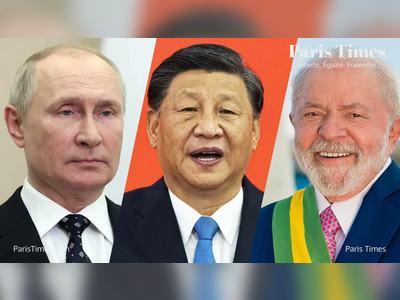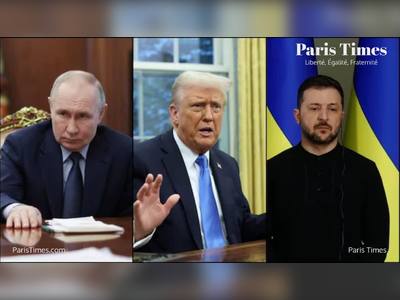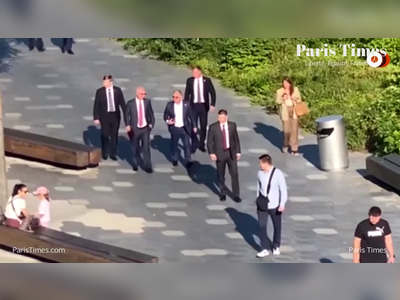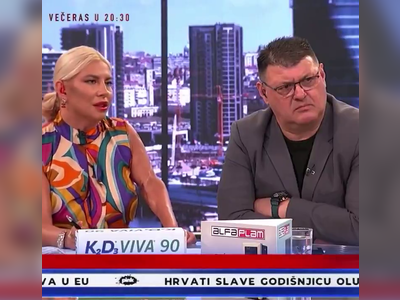Karol Nawrocki Inaugurated as Poland’s President, Setting Stage for Clash with Tusk Government
Poland formally inaugurated Karol Nawrocki as its seventh president on 6 August 2025.
Nawrocki, 42, a conservative historian who served as head of the Institute of National Remembrance and previously led the Museum of the Second World War, took office following a narrow electoral victory in early June.
The election concluded in a runoff on 1 June, in which Nawrocki secured 50.89% of the vote, defeating liberal Warsaw mayor Rafał Trzaskowski, who received 49.11%.
Voter turnout exceeded 71%, among the highest rates seen in post-communist Poland.
Politically, Nawrocki ran as an independent but was endorsed by the nationalist Law and Justice party (PiS).
During his inauguration speech, Nawrocki described the need to revise the Polish constitution, urging adoption of a new version by 2030 amid claims of frequent constitutional breaches.
He emphasised opposition to illegal migration, resistance to joining the eurozone, and defence of Polish sovereignty within the European Union.
Although the presidency in Poland is largely ceremonial, the office carries veto power over legislation and influence in foreign policy.
Analysts anticipate Nawrocki may obstruct the reform agenda of Prime Minister Donald Tusk’s centrist, pro‑EU government—particularly in areas such as judicial reform and social rights.
Nawrocki has stated opposition to Ukraine joining NATO or the EU, diverging sharply from Tusk’s policies.
He affirmed support for Ukraine’s sovereignty and defence, but rejected deeper integration.
The incoming president also pledged to strengthen the military, aiming to make the Polish army among the largest NATO forces in the EU.
Prime Minister Donald Tusk, who returned to power in the 2023 parliamentary elections, acknowledged the incoming president’s authority and indicated that the government would continue functioning despite ideological differences.
Tusk’s coalition retains a parliamentary majority but lacks the enhanced majority required to override presidential vetoes.
Nawrocki’s rapid political rise from scholarly historian to head of state has drawn scrutiny.
His past roles included leadership of the Institute of National Remembrance, and his campaign drew attention for past associations including a controversial property transaction and links to former criminal figures.
Supporters have described him as a defender of historical justice and traditional values.
Large public rallies were held in Warsaw on the eve of the inauguration, many organised by PiS and its allies.
Participants emphasised Polish sovereignty and criticised perceived liberal overreach from Brussels.
Campaign rhetoric included calls for national pride and resistance to EU federalisation.










